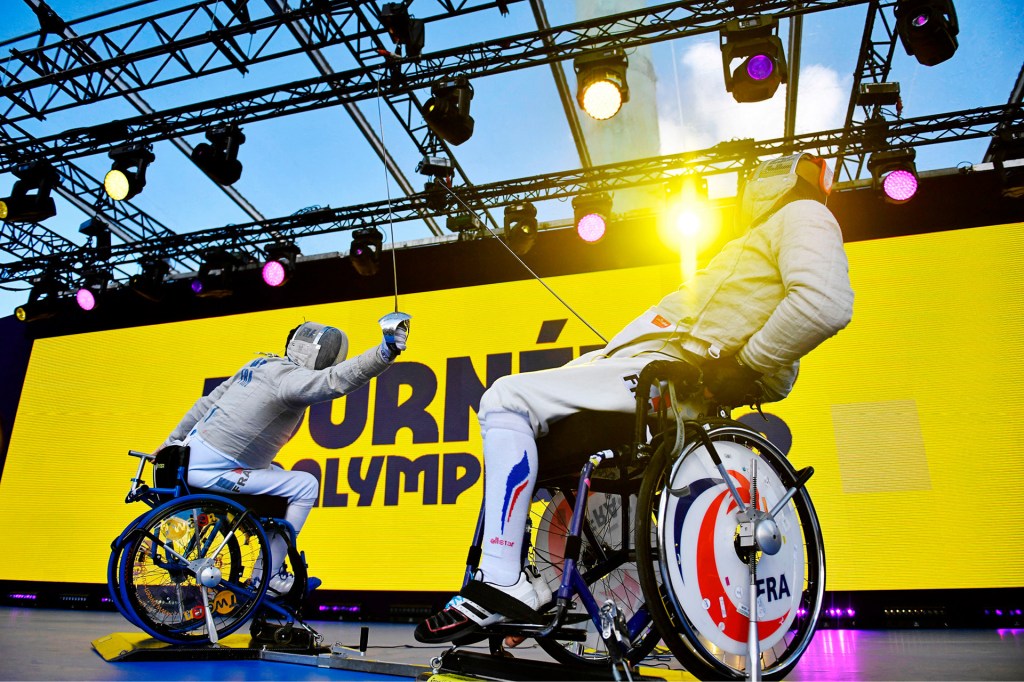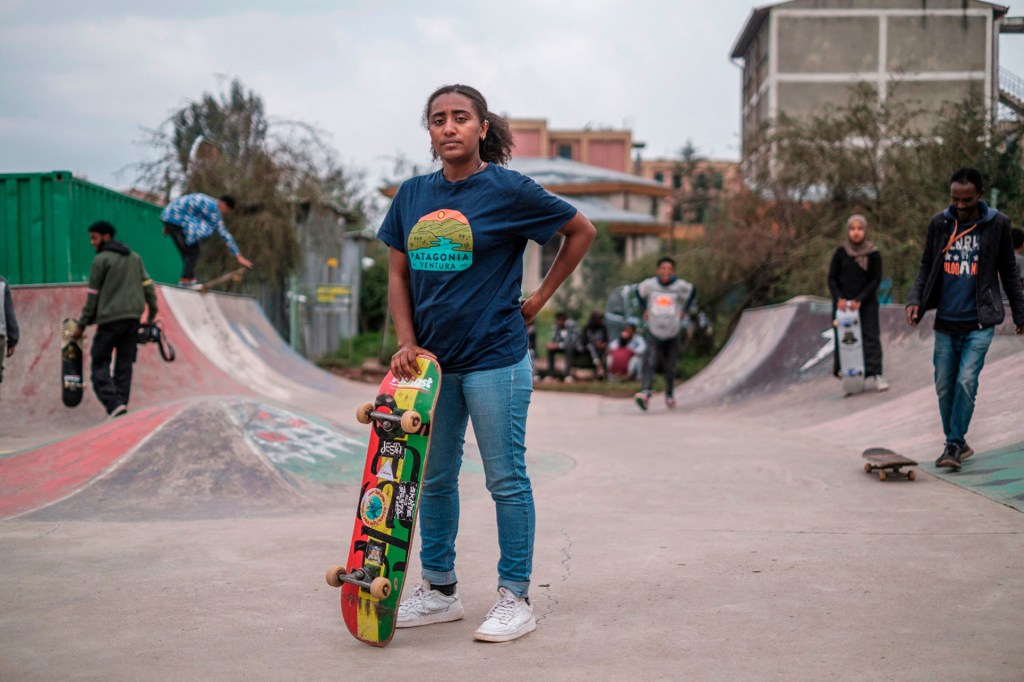A School Solution
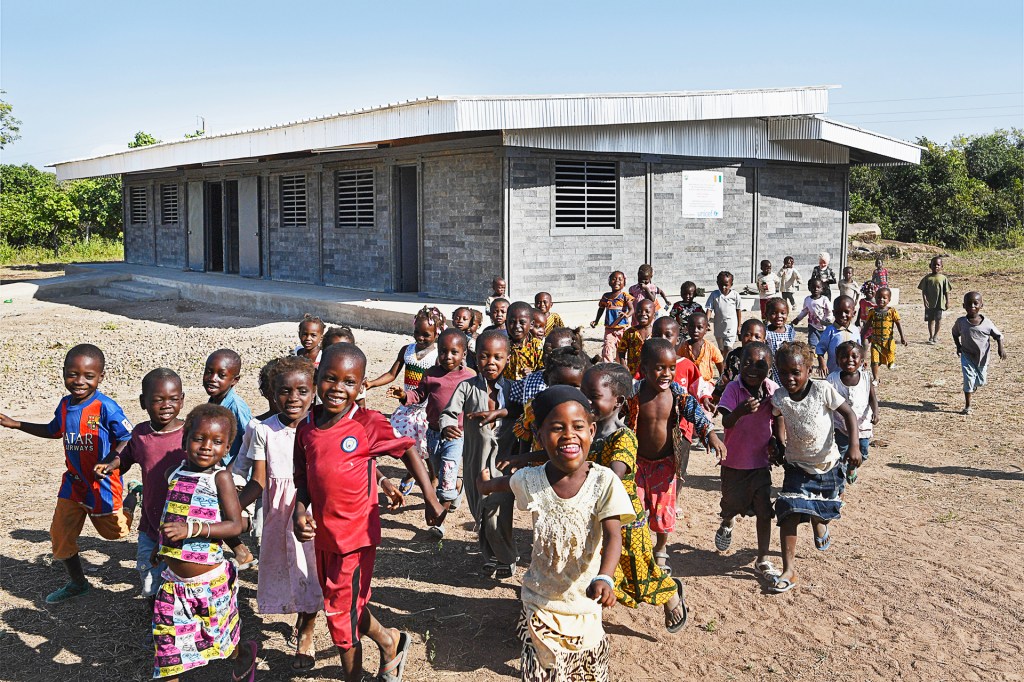
Have you ever noticed a problem that you couldn’t figure out how to fix? Dr. Aboubacar Kampo has. He was living in Côte d’Ivoire. That’s a country in Africa. Plastic is a major problem there. Very little of it gets recycled
recycle
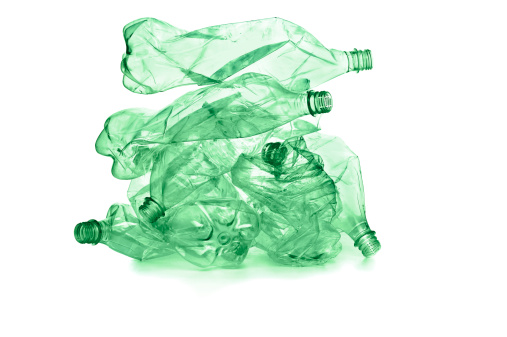 MEDIAPRODUCTION/GETTY IMAGES
to make something new from something that has already been used
(verb)
The sneakers are made from recycled plastic bottles.
. “How can we transform
transform
MEDIAPRODUCTION/GETTY IMAGES
to make something new from something that has already been used
(verb)
The sneakers are made from recycled plastic bottles.
. “How can we transform
transform
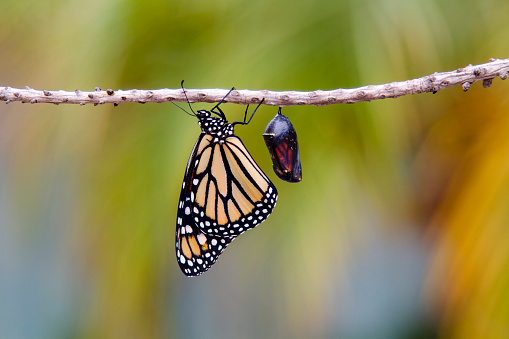 RAQUEL LONAS—GETTY IMAGES
to change completely
(verb)
After the caterpillar forms a cocoon, it transforms into a butterfly.
plastic into something useful?” Kampo wondered.
RAQUEL LONAS—GETTY IMAGES
to change completely
(verb)
After the caterpillar forms a cocoon, it transforms into a butterfly.
plastic into something useful?” Kampo wondered.
Kampo works for UNICEF. That’s the United Nations Children’s Fund. He asked his friends for help. “We googled, looked for research, and then I stumbled across a company in Colombia,” he said. Colombia is a country in South America.
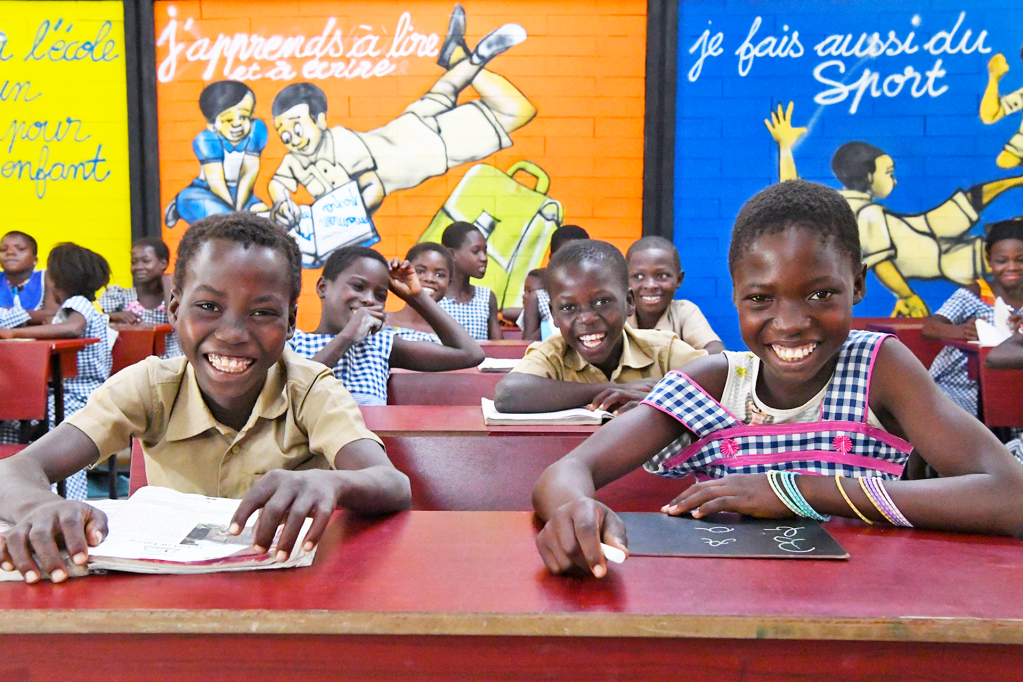
New classrooms make for smaller class sizes in Côte d’Ivoire.
FRANK DEJONGH—UN0326203/UNICEFConceptos Plásticos is the company that Kampo found online. It recycles plastic. It turns the plastic into big, Lego-like bricks.
It uses them to build schools and homes for people in need. “Conceptos Plásticos gave us a solution,” Kampo says. It also gave him an idea. He thought the company could help with more than just the plastic problem. It could also improve access
access
 SHOBEIR ANSARI—GETTY IMAGES
the ability to reach or use
(noun)
A dirt road provides access to the beach.
to education.
SHOBEIR ANSARI—GETTY IMAGES
the ability to reach or use
(noun)
A dirt road provides access to the beach.
to education.
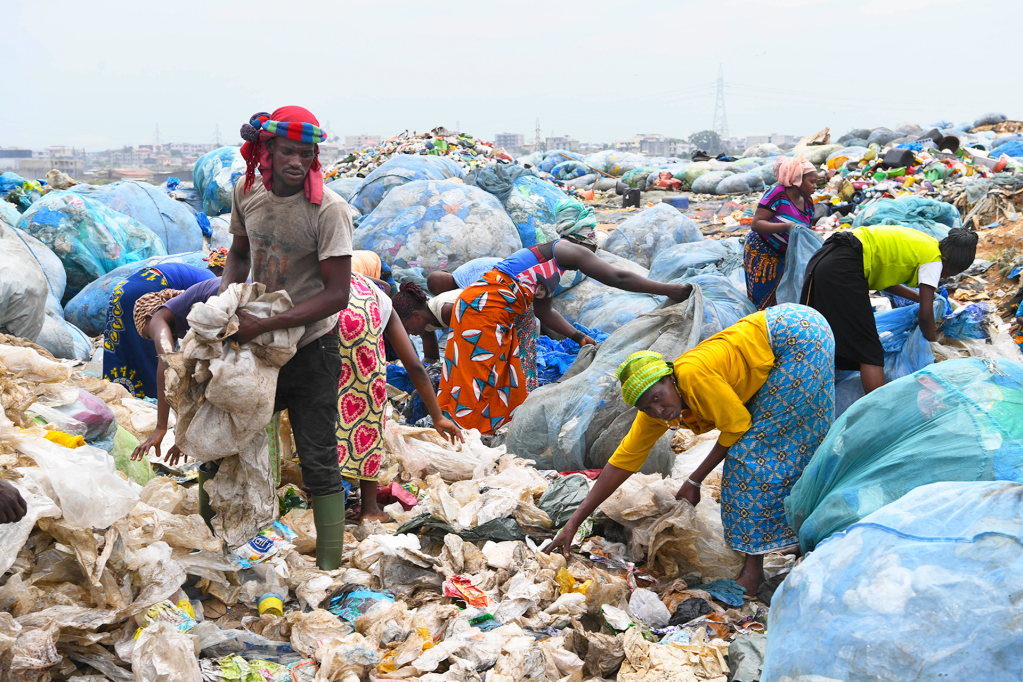
In Côte d’Ivoire, people collect and sell plastic trash to earn money for their families.
FRANK DEJONGH—UN0326203/UNICEFNew Classrooms
More than 1½ million children in Côte d’Ivoire don’t go to school. One reason? There aren’t enough classrooms. For kids who do go to school, classrooms are overcrowded
overcrowded
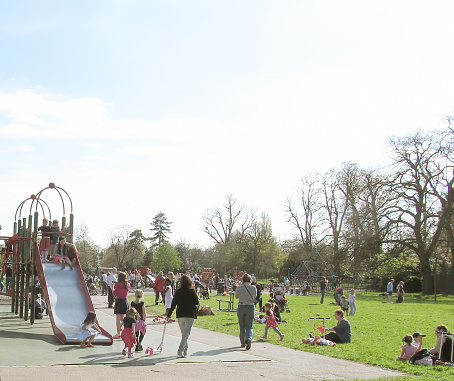 MEMITINA—GETTY IMAGES
filled with too many people or things
(adjective)
The playground was overcrowded.
.
MEMITINA—GETTY IMAGES
filled with too many people or things
(adjective)
The playground was overcrowded.
.
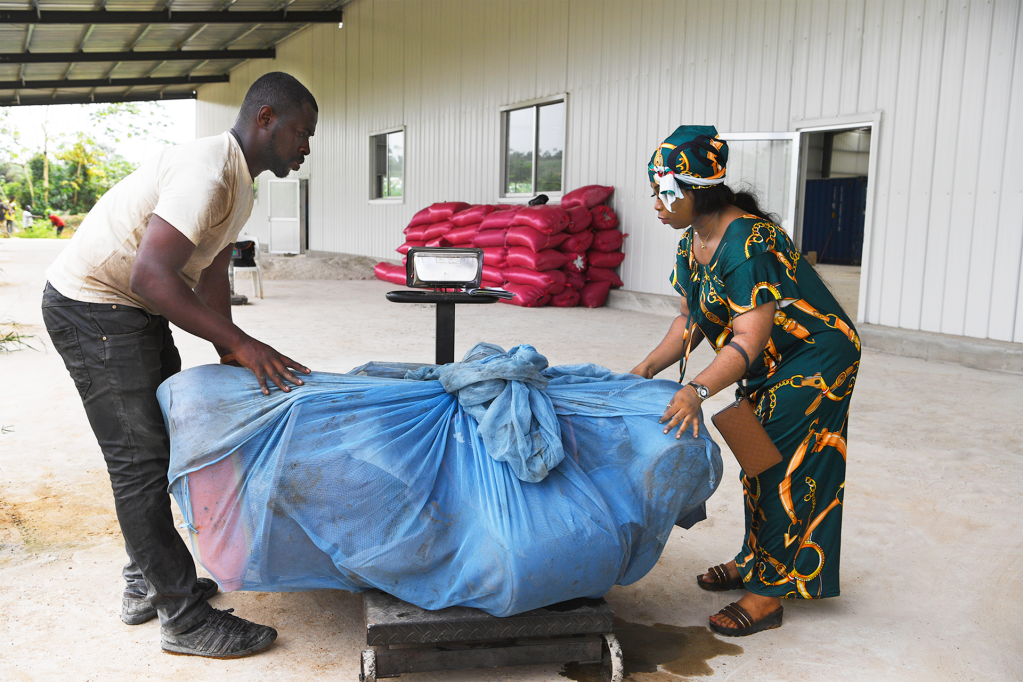
A woman sells plastic waste at the Conceptos Plásticos factory in Côte d’Ivoire. It will be recycled into plastic bricks.
FRANK DEJONGH—UN0326203/UNICEFIn 2018, UNICEF built its first classrooms out of recycled plastic in Côte d’Ivoire. At press time, it had built 42 classroom there. It plans to build 528 by the end of 2021.
How do kids like the project? “They love it,” Kampo says. “When we build a classroom, we build it with the community.”
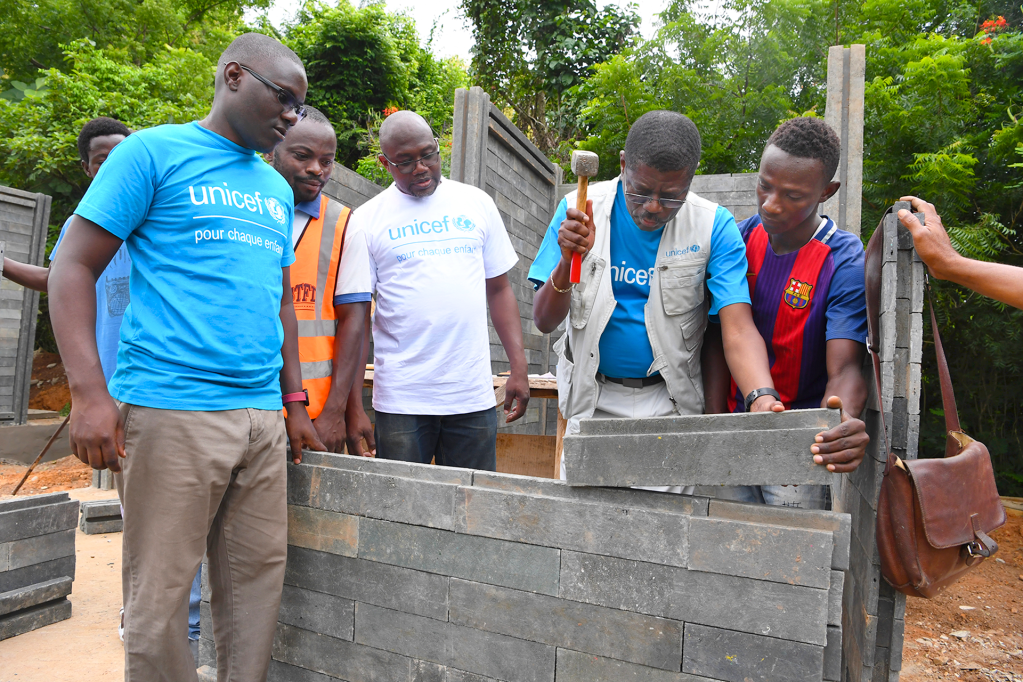
UNICEF leaders learn to build with plastic bricks. A hammer is the only tool needed.
FRANK DEJONGH—UN0326203/UNICEFMaking Space
Sophie Chavanel works for UNICEF. She remembers the first new classroom built from plastic in Côte d’Ivoire. Children gathered in the middle, “really tight, the same way they had before. The teacher said, ‘No! Now we have a big classroom. You can move! You can dance!’ It made a big difference in the quality of education.”





